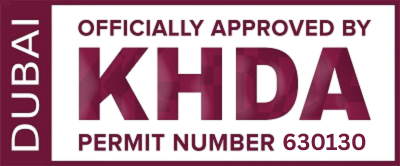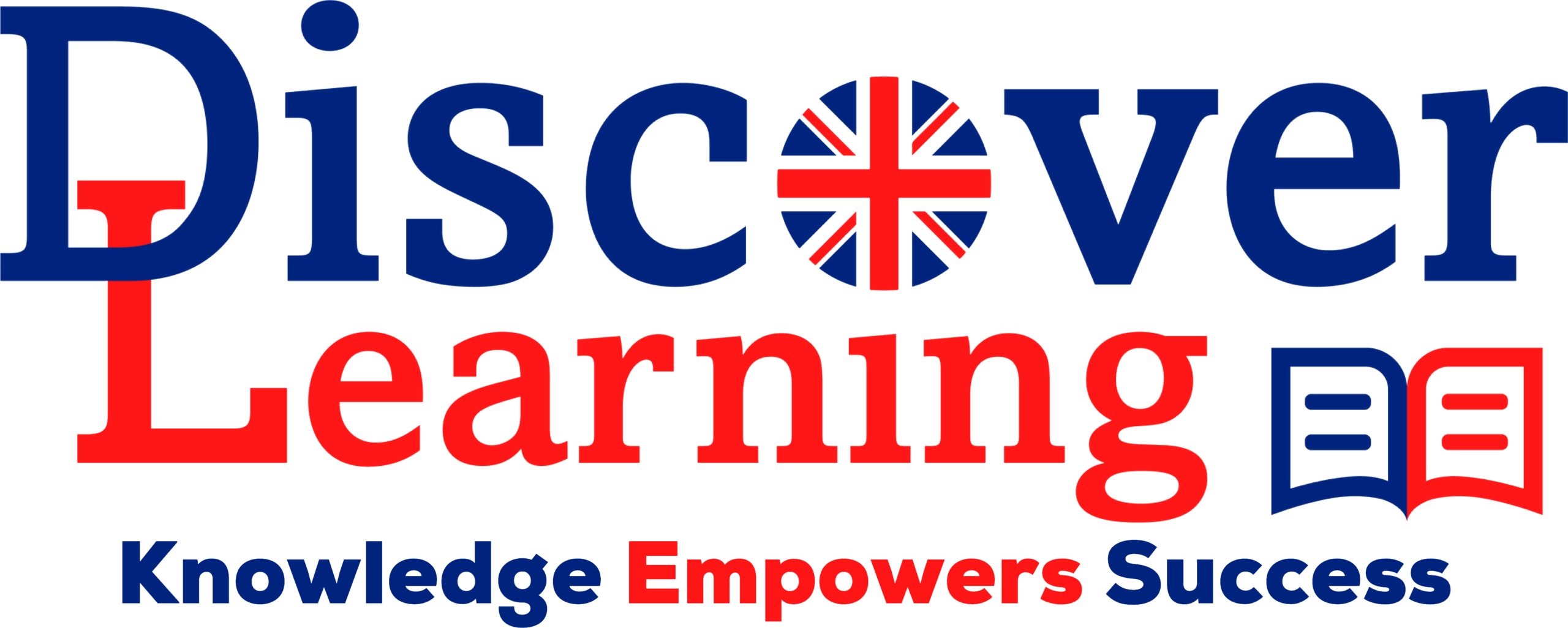
We are proud to be officially inspected and approved by KHDA, ensuring our commitment to delivering quality education that meets Dubai's highest standards.
Math Progression Summary
Foundation
– Kindergarten
- Counting
- Comparison
- Shapes & Pattern
Key Stage 1
– Year 1 to 2
- Basic Math Operations
- Simple Fractions
- Time & Measurement
- Place Value
Lower Key Stage 2
– Year 3 to 4
- Basic Multiplication and Division
- Geometry (Angles, Perimeter, Area)
- Fractions & Decimals
- Data Handling & Problem Solving
Upper Key Stage 2
– Year 5 to 6
- Ratio & Proportion
- Statistics & Graphs
- Exam Prep & Reasoning
- Geometry (Symmetry, Transformations, Volume)
Key Stage 3
– Year 7 to 8
- Algebra (Expressions, Equations, Sequences)
- Geometry (Circles, Pythagoras, Trigonometry)
- Probability & Statistics
- Graphs & Function
- Exam Prep & Reasoning

Foundation - Kindergarten
- Focus: Building number sense, recognising shapes, patterns, and early problem solving.
- Numbers & Counting: Using blocks and beads to count, match, and order numbers — builds recognition and sequencing skills.
- Shapes & Patterns: Shape hunts and puzzles to identify shapes and create repeating patterns.
- Comparisons: Sorting by size, colour, and weight develops logical thinking and vocabulary (“bigger/smaller”, “heavier/lighter”).
- Early Problem Solving: Role-play shop games and math stories encourage reasoning, sharing, and applying numbers to real-life contexts.
- Speaking & Listening: Expressing ideas clearly, listening for detail, turn-taking in conversations.
- Genres & Text Types: Writing simple narratives and opinions. Engaging with imaginative stories and basic non-fiction (lists, instructions).
Key Stage 1 – Year 1 to 2
- Focus: Understanding place value, basic operations, and exploring measurement.
- Place Value & Operations: Using number lines and counters for addition/subtraction.
- Multiplication & Division: Times table songs, flashcards, and grouping objects.
- Fractions: Folding paper and “fraction pizzas” to make halves/quarters tangible.
- Measurement & Time: Measuring items, weighing ingredients, practising clocks.
- Geometry (2D/3D): Constructing with blocks or drawing shapes to develop spatial reasoning.
- Genres & Text Types: Writing simple narratives and opinions. Engaging with imaginative stories and basic non-fiction (lists, instructions).


Lower Key Stage 2
– Year 3 to 4
- Focus: Strengthening multiplication, fractions, geometry, and data handling.
- Multiplication & Division: Speed drills and multiplication bingo for fluency.
- Fractions & Decimals: Fraction walls, coins, linking fractions to money.
- Geometry: Measuring objects, identifying angles, using grid paper.
- Data Handling: Collecting survey data, presenting as bar charts or pictograms.
- Problem Solving: Word problems, puzzles, reasoning challenges.
- Genres & Text Types: Writing simple narratives and opinions. Engaging with imaginative stories and basic non-fiction (lists, instructions).
Upper Key Stage 2 – Year 5 to 6
- Focus: Mastering fractions, decimals, percentages, ratio, and problem solving in real-life contexts.
- Fractions, Decimals, Percentages: Budgeting and shopping role plays.
- Ratio & Proportion: Scaling recipes or maps for real-world applications.
- Geometry: Symmetry drawing, 3D shape nets, spatial awareness.
- Statistics & Graphs: Creating line graphs from experiments, interpreting data.
- Exam Prep & Reasoning: Quizzes, timed activities, strengthening focus & accuracy.
- Genres & Text Types: Writing simple narratives and opinions. Engaging with imaginative stories and basic non-fiction (lists, instructions).


Key Stage 3 – Year 7 to 8
- Focus: Preparing students for GCSE/IGCSE with algebra, geometry, probability, and reasoning.
- Algebra: Expressions, equations, sequences, puzzle-based tasks.
- Geometry: Circles, Pythagoras, Trigonometry, practical measuring outdoors.
- Probability & Statistics: Dice and card experiments, tree diagrams.
- Graphs & Function: Plotting linear/quadratic graphs, interpreting distance-time graphs.
- Exam Prep & Reasoning: Quizzes, past-paper style questions, timed practice.
- Genres & Text Types: Writing simple narratives and opinions. Engaging with imaginative stories and basic non-fiction (lists, instructions).
How Parents Can Support Math Learning at Home
Build Everyday Number Confidence
- Add up items while grocery shopping.
- Let children handle change and calculate money left.
- Involve them in measuring ingredients while cooking.
Encourage Problem-Solving
- Play puzzles, Sudoku, Monopoly.
- Ask estimation questions (“How many steps to the kitchen?”).
- Plan fair pizza slices or sharing activities.
Connect Math to Daily Life
- Read bus timetables or flight schedules.
- Compare discounts while shopping.
- Use maps (“If we walk 2 km each day, how far in a week?”).

